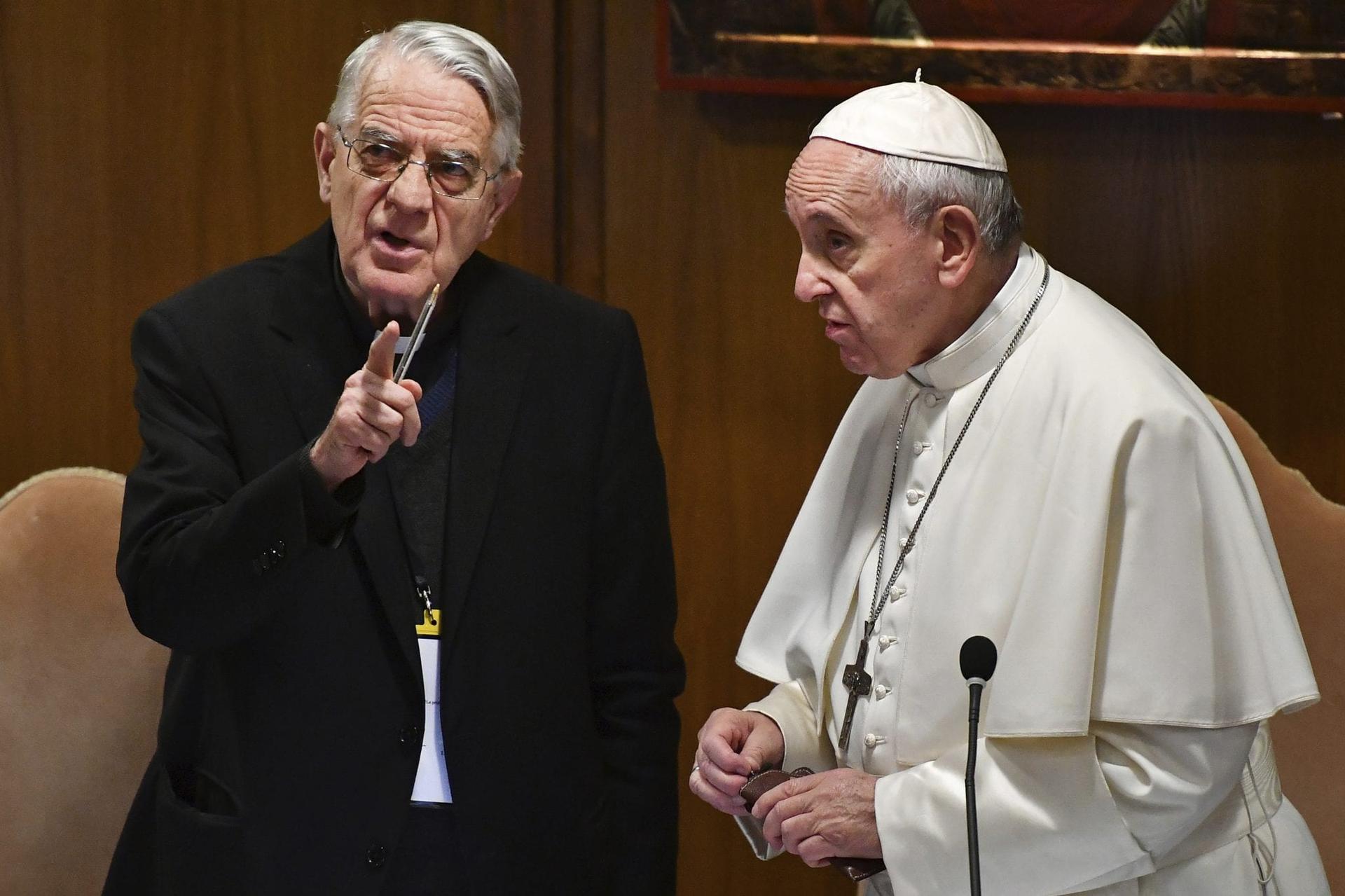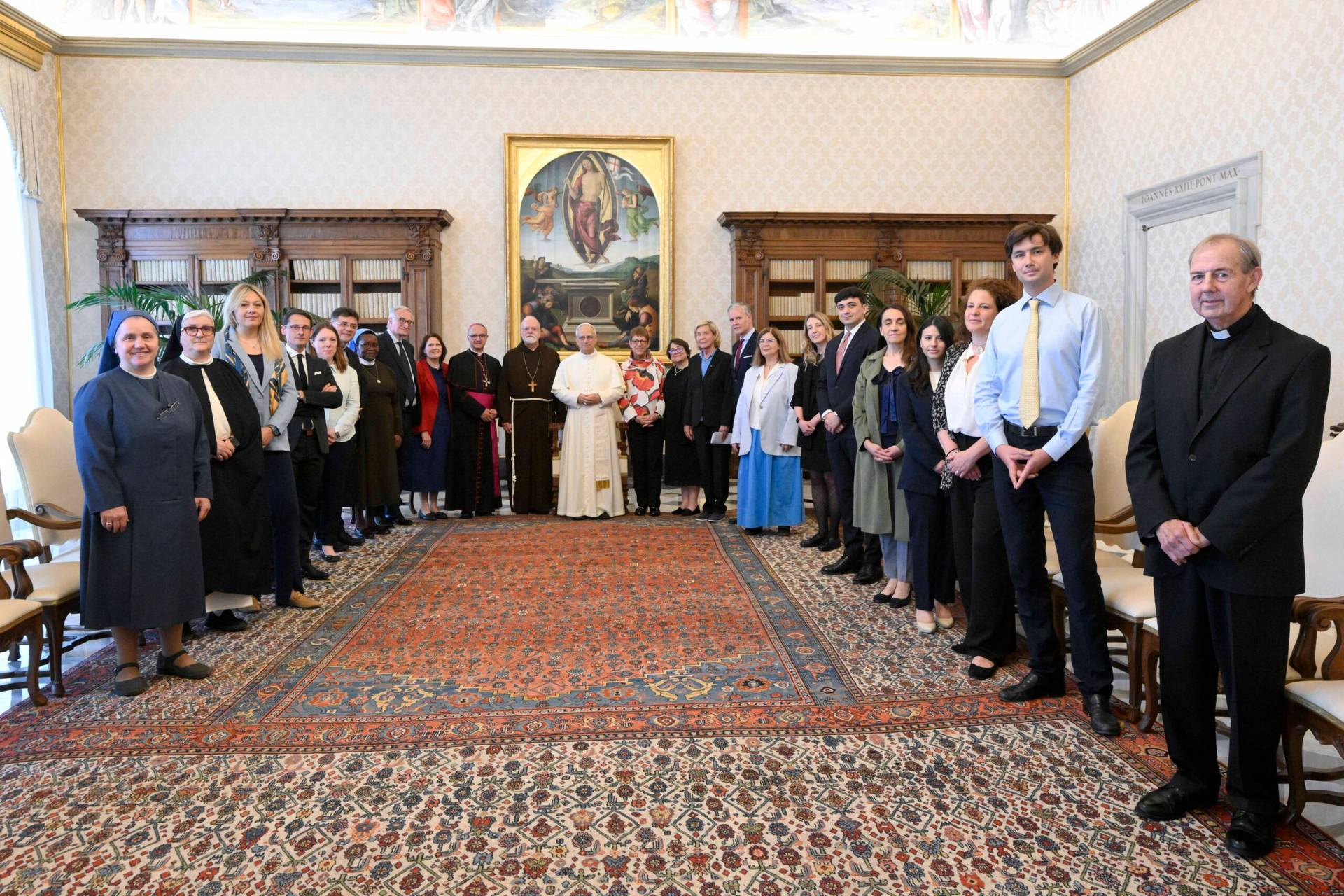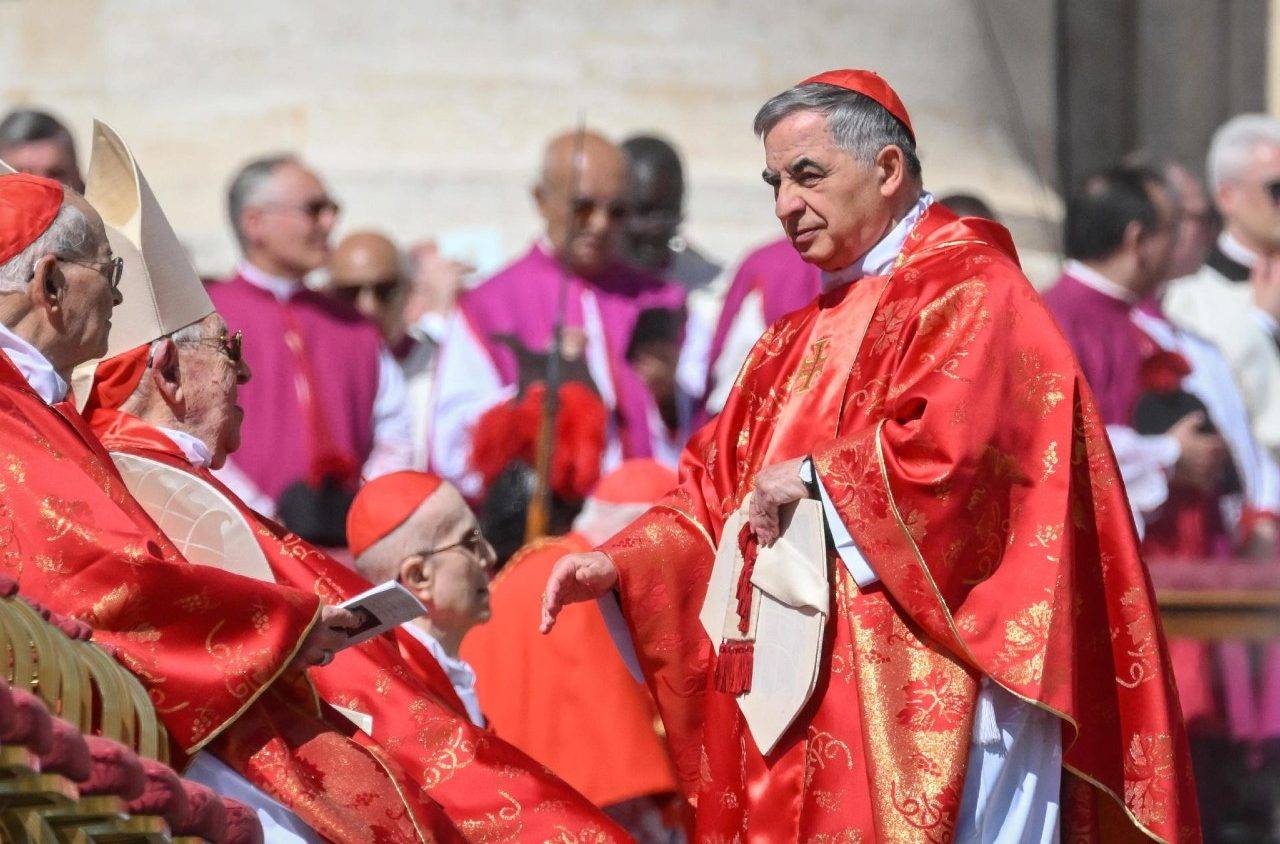ROME – Anyone watching the Vatican under Pope Francis try to come to grips with the clerical sexual abuse crisis could be forgiven for feeling themselves trapped in A Tale of Two Cities, constantly oscillating between the best and worst of times.
Friday brought another chapter in that long-running drama, as the Vatican presented a new high-level task force intended to help national and regional bishops’ conferences around the world, as well as religious orders, to develop and update guidelines on child protection and the fight against abuse.
From a glass-half-full perspective, this is a further sign, one year after an historic summit to discuss the abuse crisis with the presidents of all the bishops’ conferences of the world, that Francis is serious about reform. This task force is designed to harness the entire resources of the Roman Curia, and it’s a signal that Francis wants episcopal conferences and religious orders to be in earnest about having policies.
The taskforce comes with heft, including the Vatican’s sostituto, or “substitute,” effectively the chief of staff, Venezuelan Archbishop Edgar Peña Parra; Cardinal Blase Cupich of Chicago; Archbishop Charles Scicluna of Malta, perhaps the most respected reformer on the abuse issue at the senior levels of the Church; and Jesuit Father Hans Zollner, who heads the Centre for Child Protection at Rome’s Gregorian University and is also seen as a reform champion.
The lineup also features Bishop Juan Ignacio Arrieta of the Pontifical Council for Legislative Texts, a respected canonist, and Jesuit Father Federico Lombardo, a highly regarded former papal spokesman under Benedict XVI (and briefly Francis) and also the moderator of last year’s summit, as well as Andrew Azzopardi, who teaches in the Department of Youth and Community Studies at the University of Malta and also serves on the Safeguarding Commission of the Ecclesiastical Province of Malta – making him a protégé of Scicluna.
Further, it responds to a real exigency on the ground.
Over the last decade, the vast majority of bishops’ conferences around the world have adopted anti-abuse guidelines, and some of them are now considered state-of-the-art well beyond the boundaries of the Church, among thoroughly secular figures in law enforcement, psychology and organizational management.
Others, however, are perfunctory and mostly a collection of extracts from canon law and other legal documents, of no real use in designing and implementing protocols for abuse prevention, detection and response. In part that’s because those bishops’ conferences and other Catholic entities lack the experience, the resources and the personnel to get serious, and the Vatican is now trying to do something constructive about it – rather than just issuing orders, for once Rome is offering help.
On the glass-half-empty end of the spectrum, however, one could also say it’s been nine years since the Vatican’s Congregation for the Doctrine of the Faith instructed conferences and orders to develop guidelines in 2011, and a full year since the presidents of those conferences came to Rome.
Did it seriously take this long to figure out that many of them need help? If the reform cause truly were a priority, in other words, wouldn’t something like this have happened a long time ago? Also, how is it possible that almost a decade into the game, there are still a handful of conferences that don’t have guidelines at all – and is it really just a question of missing resources, or is it also about a lack of will that this task force can’t fix because it can only act upon the invitation of a given conference?
Moreover, it’s also not clear what the relationship of this task force will be with the Pontifical Commission for the Protection of Minors created by Francis in 2014 and presided over by Cardinal Sean O’Malley of Boston – whose mission, at least in part, was supposed to be assisting the Church around the world in identifying best practices, and which actually created its own task forces several years ago.
In other words, is this a response to a genuine lacuna in the system, or is it just bureaucratic duplication that may not actually add value?
A “meeting point” with three protagonists of the task force – Arrieta, Lombardi and Azzopardi – at the Vatican Thursday highlighted both the “best of times” and “worst of times” dynamics, without providing much basis for choosing one over the other.
Speaking to Lombardi, he emphasized that the creation of this task force isn’t really a decade late, because it’s not the result of the 2011 instruction from the CDF but rather last year’s summit. Several bishops’ conference presidents, he said, reported they needed help to create meaningful guidelines.
“This is part of a process initiated by the summit,” Lombardi said, “and has to be seen in the context of other steps in that process,” referring to other reform moves adopted by Pope Francis since last February such as issuing Vox Estis Lux Mundi in May, requiring all dioceses around the world to have a mechanism for reporting both the crime of sexual abuse and also the cover-up, and his decision in December to lift the requirement of pontifical secrecy in abuse cases.
Yet when I asked Arrieta if those reporting mechanisms have actually been created, he noted that the deadline isn’t until June and confessed he doesn’t really know what’s happened on the ground so far.
“They should have been created,” he said, “and if they haven’t, that’s a matter for the appropriate department of the Vatican to respond to.”
On the question of why this task force is being launched only now, Azzopardi stressed that the Church “is still learning what it means to listen to victims, to put them first.”
In terms of the relationship between this new task force and the pre-existing Pontifical Commission, the three were equally non-specific.
“Obviously, there will be a relationship,” Lombardi said, “but it’s still to be worked out.”
The tentative bottom line on the new Vatican task force, therefore, is probably this: In theory it responds to a real need and it could leverage a more uniform global approach, helping stragglers incorporate best practices in culturally appropriate and effective ways.
However, plenty of alleged Vatican reforms are promising in theory, disappointing in practice. As always, the proof will be in the doing rather than the billing.
In that sense, maybe the appropriate literary reference isn’t A Tale of Two Cities after all. Perhaps it’s really A Remembrance of Things Past, because it can’t help but feel a little like we’ve been here before.
Follow John Allen on Twitter: @JohnLAllenJr
Crux is dedicated to smart, wired and independent reporting on the Vatican and worldwide Catholic Church. That kind of reporting doesn’t come cheap, and we need your support. You can help Crux by giving a small amount monthly, or with a onetime gift. Please remember, Crux is a for-profit organization, so contributions are not tax-deductible.

















